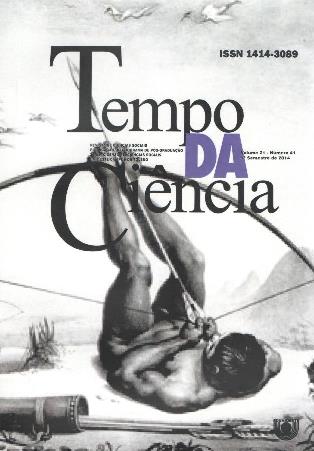PARAGUAY POSMODERNO: CULTURA Y ETNOGRAFÍA EN LA ‘ISLA RODEADA DE TIERRA’
DOI:
https://doi.org/10.48075/rtc.v21i41.11022Keywords:
Posmodernismo, Cultura política, EtnografíaAbstract
During the period of modernity life was dominated and full of theories (and social practices) with the aim to have universal value. Were repressed and denied the differences between societies (and between the same individuals). Following this, postmodernism (which starts in the 50s and reaches today) has been presented as an antidote to this cultural imperialism to defend the social, ideological and cultural fragmentation. In Paraguay postmodernism is profoundly delayed as a result not only of the War of the Triple Alliance of 1870 and the Chaco War against Bolivia1932 but due to the military dictatorship of General Alfredo Stroessner. However there were economic, cultural, social and technological advances that created a new mindset and a new behavior. In this context emerge that postmodernism performers, musical and behavior in figures asK-chiporros, Larissa Riquelme, Nadia La K-chorra and Marilina Bogado, among others. This paper aims to throw some light on this period of cultural history of Paraguay.Downloads
Published
How to Cite
Issue
Section
License
Aviso de Direito Autoral Creative Commons
Política para Periódicos de Acesso Livre
Autores que publicam nesta revista concordam com os seguintes termos:
1. Autores mantém os direitos autorais e concedem à revista o direito de primeira publicação, com o trabalho simultaneamente licenciado sob a Licença Creative Commons Attribution que permite o compartilhamento do trabalho com reconhecimento da autoria e publicação inicial nesta revista.
2. Autores têm autorização para assumir contratos adicionais separadamente, para distribuição não-exclusiva da versão do trabalho publicada nesta revista (ex.: publicar em repositório institucional ou como capítulo de livro), com reconhecimento de autoria e publicação inicial nesta revista.
3. Autores têm permissão e são estimulados a publicar e distribuir seu trabalho online (ex.: em repositórios institucionais ou na sua página pessoal) a qualquer ponto antes ou durante o processo editorial, já que isso pode gerar alterações produtivas, bem como aumentar o impacto e a citação do trabalho publicado (Veja O Efeito do Acesso Livre).
Licença Creative Commons
Esta obra está licenciada com uma Licença Creative Commons Atribuição-NãoComercial-CompartilhaIgual 4.0 Internacional, o que permite compartilhar, copiar, distribuir, exibir, reproduzir, a totalidade ou partes desde que não tenha objetivo comercial e sejam citados os autores e a fonte.


